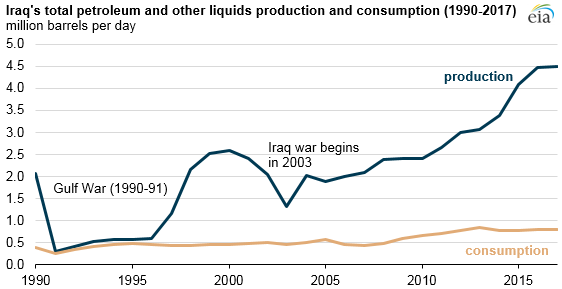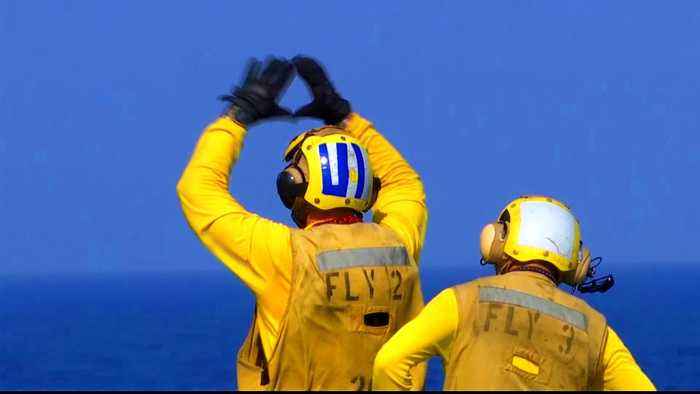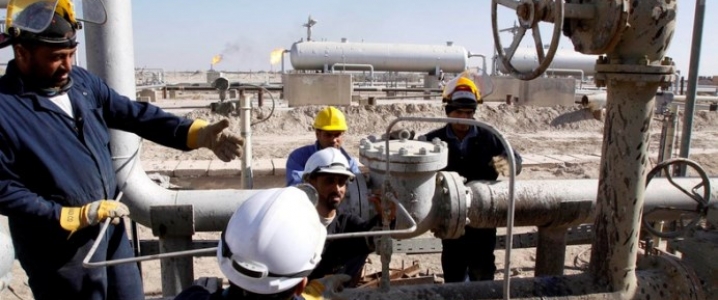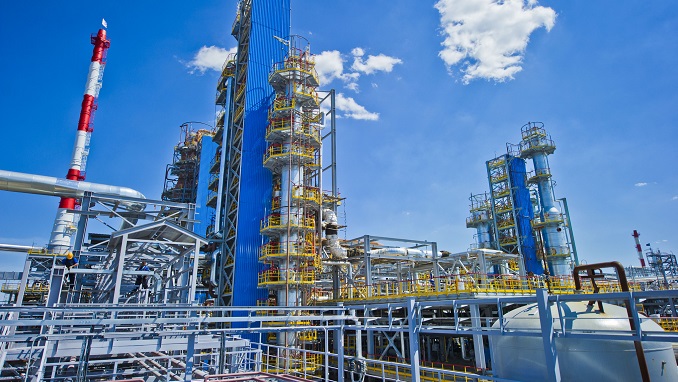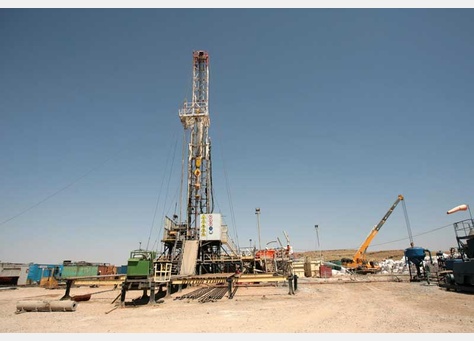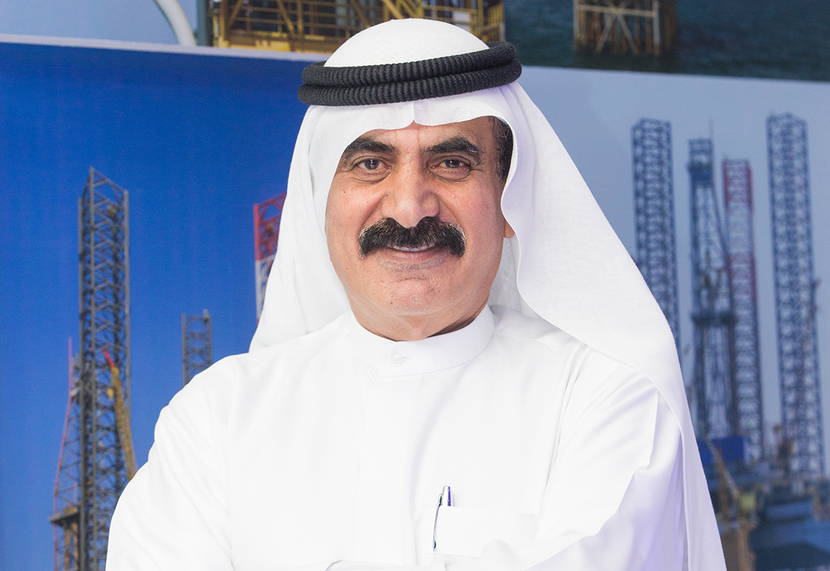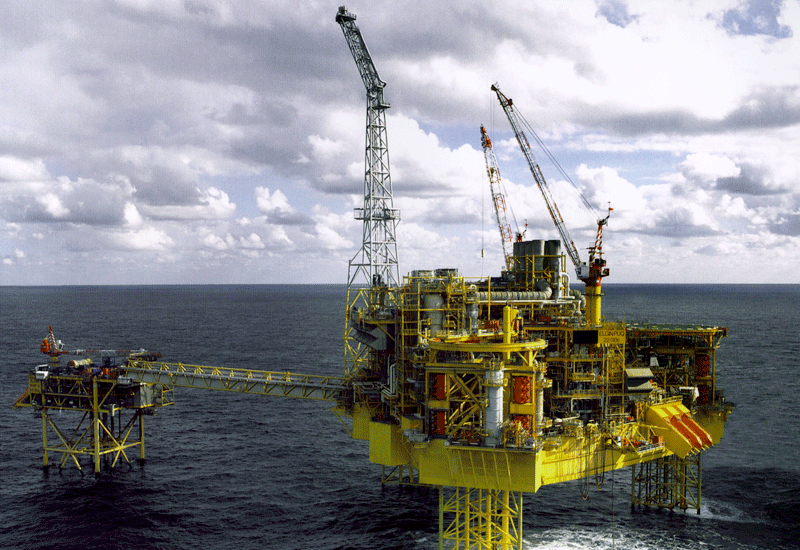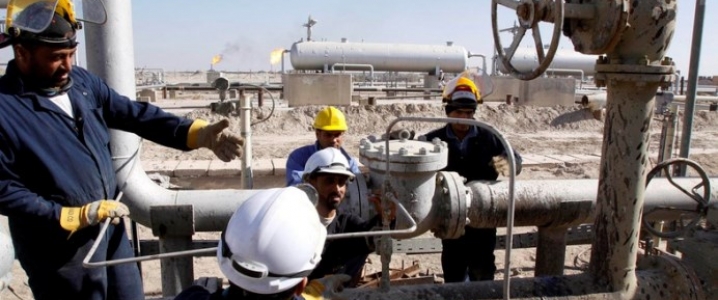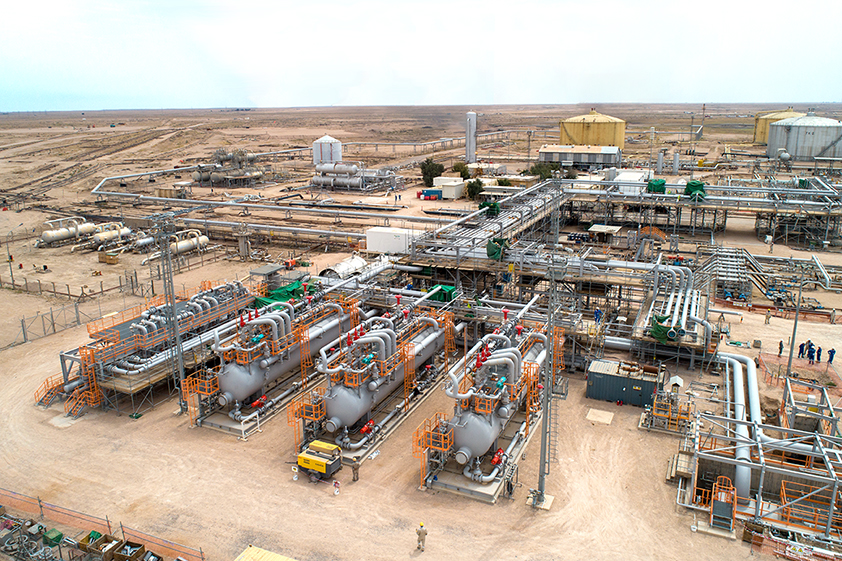The Rumaila oilfield produced 1.467 million barrels per day (bpd) in 2018 – the oilfield’s highest annual rate of production for 30 years. 2018 also saw the milestone of four billion barrels of oil produced since the Rumaila Operating Organisation [ROO] began operating in June 2010.
The results were reported in the 2018 Rumaila Annual Report, submitted by the Basra Oil Company (BOC) to the Iraq Ministry of Oil.
In accordance with BOC’s objectives, Rumaila continued its journey to becoming a more advanced oilfield in 2018. New infrastructure played an important part in the year’s success, with three major projects completed that help Rumaila’s capacity to produce its current high production rates, as well as contribute to securing the field’s long-term future.
The new Rumaila Power Plant began operating, providing 150,000kW of electricity to the Iraq National Grid and supporting Rumaila facilities; three new dehydrator and desalter production trains were commissioned – increasing production capacity by 124,000 bpd; and two degassing facilities installed new large-scale ‘free water knock out’ vessels that ensure oil quality remains high by stripping water from the hydrocarbons.
The introduction of new technologies continues to play a vital role in the field’s advancement. In 2018, this included: the further expansion of the ‘digital oilfield’ (with 2,000 digital sensors now providing instant data from wells, facilities and manifolds to guide production performance), the completion of a field-wide TETRA radio communications infrastructure, and new data analytics tools and frameworks that visualize, interpret and reveal meaningful insights to improve day to day working.
Underpinning the 2018 results has been the ongoing programme to drill new wells, optimize existing wells, and the injection of industrial-use water to restore pressure to reservoirs in the north of the field. Thanks to the water injection programme and its supporting operations, Rumaila has been able to produce oil from historically harder to access reservoirs: in 2018, the oil produced from the Mishrif reservoir was more than triple the amount of oil extracted from that reservoir in 2010 and generating results never previously achieved at the oilfield.
The 2018 Annual Report also highlighted:
- 59 Iraqi contracted companies won 85 contracts worth $650 million
- 220,181 training hours were delivered to Iraqi staff
- 31 new wells were drilled
- 23.5km2 of land was cleared of unexploded ordnance
- 206,675m2 of land was remediated
- $5 million spent on supporting Iraq’s oil and gas industry via the Rumaila Education Fund
Rumaila General Manager, Hussein Abdul-Kadhim Hussein, commented:
“2018 was a remarkable 12 months in the 70-year history of this oilfield, as well as another exceptional year for the Rumaila Operating Organisation. The partnership goes from strength to strength: our success derives from the way BOC, BP and PetroChina continues to operate as one integrated team.”
BOC Director General, Ihsan Ismael, said:
“On behalf of BOC, I’d like to thank every single BOC staff member who has ensured that Rumaila continues to deliver successful oil production for Iraq, as well as pay tribute to the support of our partners, BP and PetroChina.”
ROO Deputy General Manager, Julian O’Connell, said:
“Rumaila is in service to Iraq. Our objective is to provide oil to support Iraq today, as well as create a legacy for the future. Our strategy and programme for field rejuvenation and training Iraqi personnel is helping us to achieve these twin goals and to overcome the multitude of challenges Rumaila faces.”
Rumaila Special Deputy General Manager, Fan Jianping, added:
“We are very pleased to report another successful year at Rumaila. Equally important is the fact that we have achieved this within a safe working environment. We of course want to increase production, but we also want Rumaila to be the pride of Iraq, which can only be achieved by having safety as the number one priority.”
(Source: Rumaila Operating Organisation)


